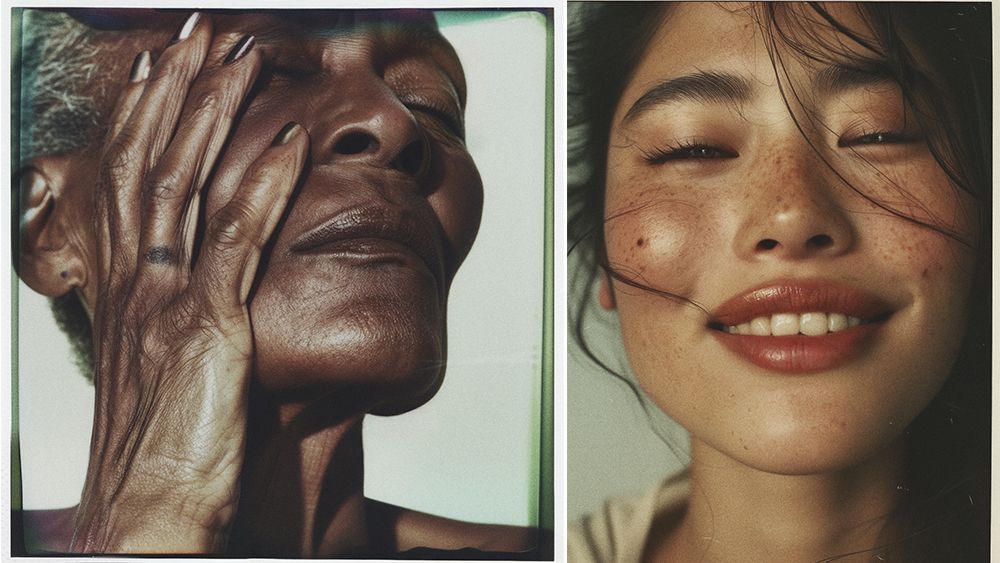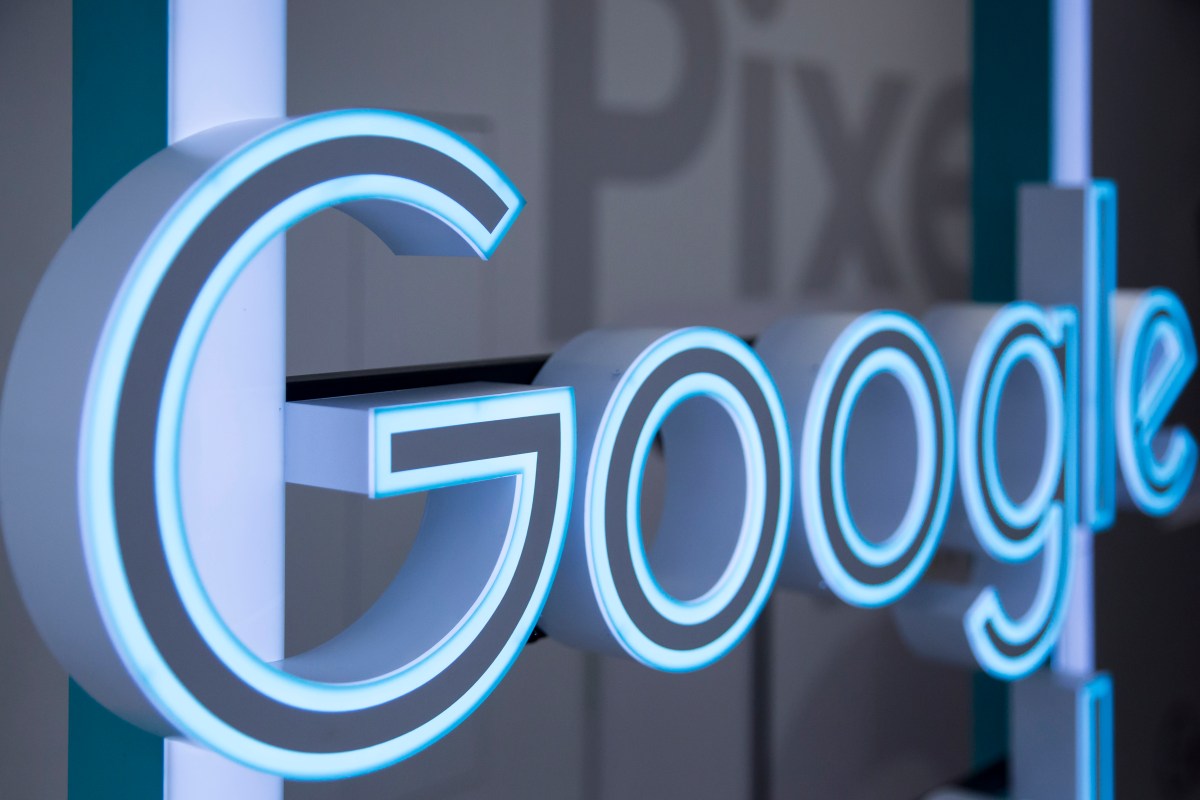
In the evolving landscape of digital artistry, AI image generation has emerged as a profound technological advancement, albeit not without its share of controversies, notably concerning bias. The foundation of large text-to-image models, trained on countless internet-sourced images, has been critiqued for its narrow representation of human beauty, primarily showcasing a limited diversity in body types and skin colors. This trend is not just a theoretical concern but a visible pattern where AI-generated images often mirror these biases, perpetuating a skewed perception of beauty standards.
In an ambitious yet questionable effort to address this issue, Google’s venture with Gemini encountered severe backlash, highlighting the complex challenges in rectifying AI biases. Nonetheless, certain entities remain committed to embracing and reforming AI’s capabilities, among them the vodka brand Absolut. Contrary to following Dove’s approach of completely abstaining from AI-generated human images, Absolut is steering in a completely opposite direction. The brand firmly believes in the staying power of AI and its potential to foster diversity through ‘AI-generated fashion images.’ The vision is to saturate the digital realm with these images, thereby influencing future AI models towards a more inclusive representation of human beauty.
Absolut’s initiative is a collaboration with Copy Lab, a pioneering studio dabbling in AI visuals for brands and running what is claimed to be the ‘world’s first AI fashion magazine.’ Their strategy involved processing 10,000 image prompts with the aim to produce a series of fashion images that challenge outdated and harmful stereotypes. A selection of these images will grace the second edition of Copy Lab’s magazine, with others being made available on the stock image site Unsplash. The overarching goal, as stated by Absolut, is to engage a global audience and, in turn, augment AI algorithms’ exposure to diversity within fashion – potentially shaping a more inclusive digital and real-world future.
However, this approach raises pivotal questions about the necessity and implications of generating AI-created images. Dove’s initiatives, which spotlight real people’s photography, suggest an alternative route to enhancing diversity in digital imagery without resorting to artificial generation. It prompts a critical evaluation of whether introducing more AI-generated content serves to enrich the dataset or complicates the bias by potentially integrating flawed AI perceptions.
Furthermore, Absolut acknowledges the limitations of its solo efforts in this expansive endeavor and expresses a desire to encourage broader use of diverse AI images. This ambition ties into the brand’s longstanding narrative of social consciousness, with campaigns spanning various domains from LGBT rights to environmental sustainability. Debasree Dasgupta, Global VP Marketing at Absolut, elucidates on the brand’s guiding principle of ‘mixing’—ideas, identities, perspectives—in advocating for a bias-free AI as an extension of their commitment to inclusivity and diverse representation.
This initiative by Absolut, while commendable for its intent to confront AI bias, also underscores a broader dialogue on the role of artificial intelligence in shaping societal norms and values. With technology increasingly intertwining with daily life, the pursuit of ethical and inclusive AI serves not only as a technical challenge but a moral imperative. Providing a more diverse dataset for AI training, even through unconventional means like Absolut’s campaign, suggests a step, albeit a small one, towards mitigating biases ingrained in digital and societal frameworks.
Source






